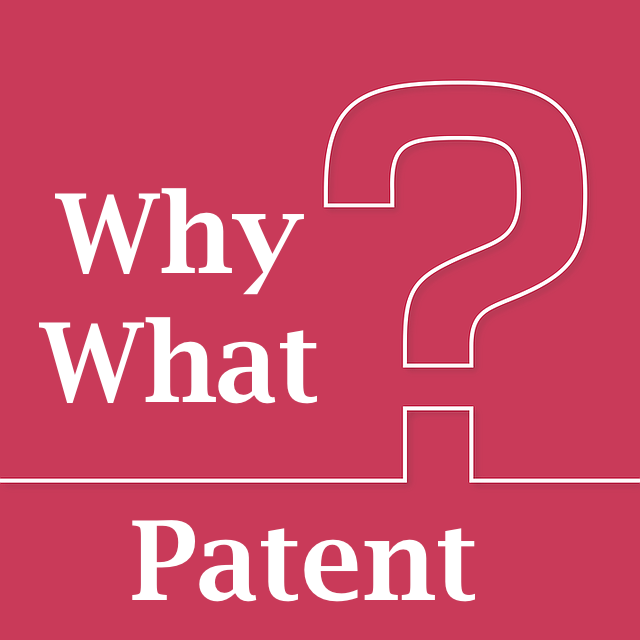Patent Strategy
The basic reason why inventors/ companies go for patent protection is for the exclusive right that they hold over their invention for a specific period. But besides this obvious reason, there are other reasons why an inventor/ assignee would want to patent his invention.
Before we discuss the other reasons, let us first look at what rights do the term “exclusive right” of the inventor encompasses. Exclusive rights mean the inventor wields monopoly rights over his invention, such that he can stop others from using his invention without his permission. This, interpreted in another sense, would mean he can gain royalties from persons who use his invention. Royalties are one reason why many inventors/ companies want to patent.
Besides this privilege of exclusivity, many companies use the patent system as a weapon of defense also, i.e. they patent to stay ahead of others besides being able to stop others from overtaking their progress.
Sometimes, a single novel invention is all it takes for a company to leap light years ahead of others. In extreme cases, a single patent had started up entire industries- like the xerography technology started by the company, Xerox Corporation.
As a start-up company, having a patent brings an advantage of the company’s ability to rope in investors. Investors would always look for signs of growth, of knowing that his investment would be protected in a company and he would get some returns out of it. Companies with strong patents would always have a unique position in the market. This would in turn rope in investments to your company.
-
Patent Valuation
Nowadays, most companies understand the importance of IP & patent valuation and have IP portfolios to manage their IP assets. Patent valuation is important for investment- to show the investors the strength of the company’s IP, and also for licensing and Mergers & Acquisition- to realize the full potential of the patents.
As seen, there are compelling reasons why you should patent your inventions. But the next important question is: Should one try to patent any invention that one comes across? In other words, what should be patented?
The one major hurdle in the patent procedure is that patenting is an expensive affair. It becomes an even more expensive affair when you want to patent in several countries; since, unlike the general notion, patents are territorial and are not protected internationally.
Conclusion
Hence, one should identify in which inventions to invest money and which to forsake. To estimate whether one should go for patenting or not, the question to be asked is- how successful will the patented product be? If it is successful enough to be wanted by the competitors, then it is worth protecting. If it can give a reasonable profit by licensing it to others, then also it is worth protecting. However, if it gives a very meager amount of profits, then there is no point in trying to patent it.
Though patenting might give your company very many advantages, yet before going forth, you should fully realize the value of your patent, the equation of your investment to the value you will receive from your patent; and once sure of the value of your patent, go forth investing in it.




